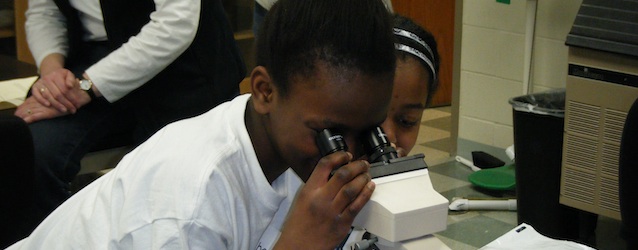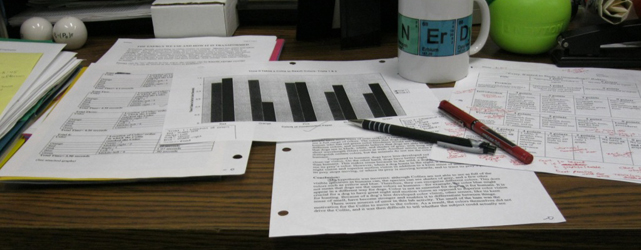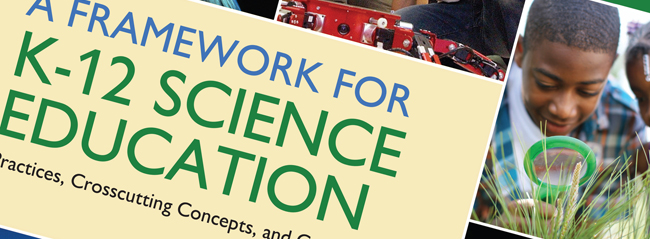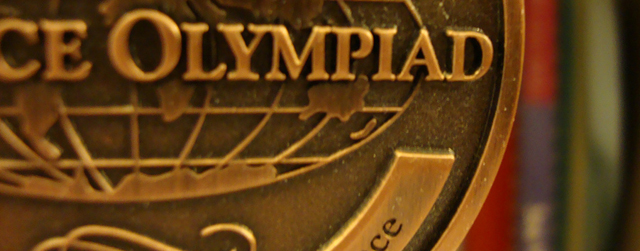
Using Phenomena to Help Students Explain the World
What are phenomena and how can science teachers use these events to engage students in science? Professor of Science Education Todd Campbell joins us to help start a series about using phenemona in science education. Listen to hear about new strategies in how pre-service science educators are being prepared, where to start if you are beginning a journey to adopt […]
Read more




